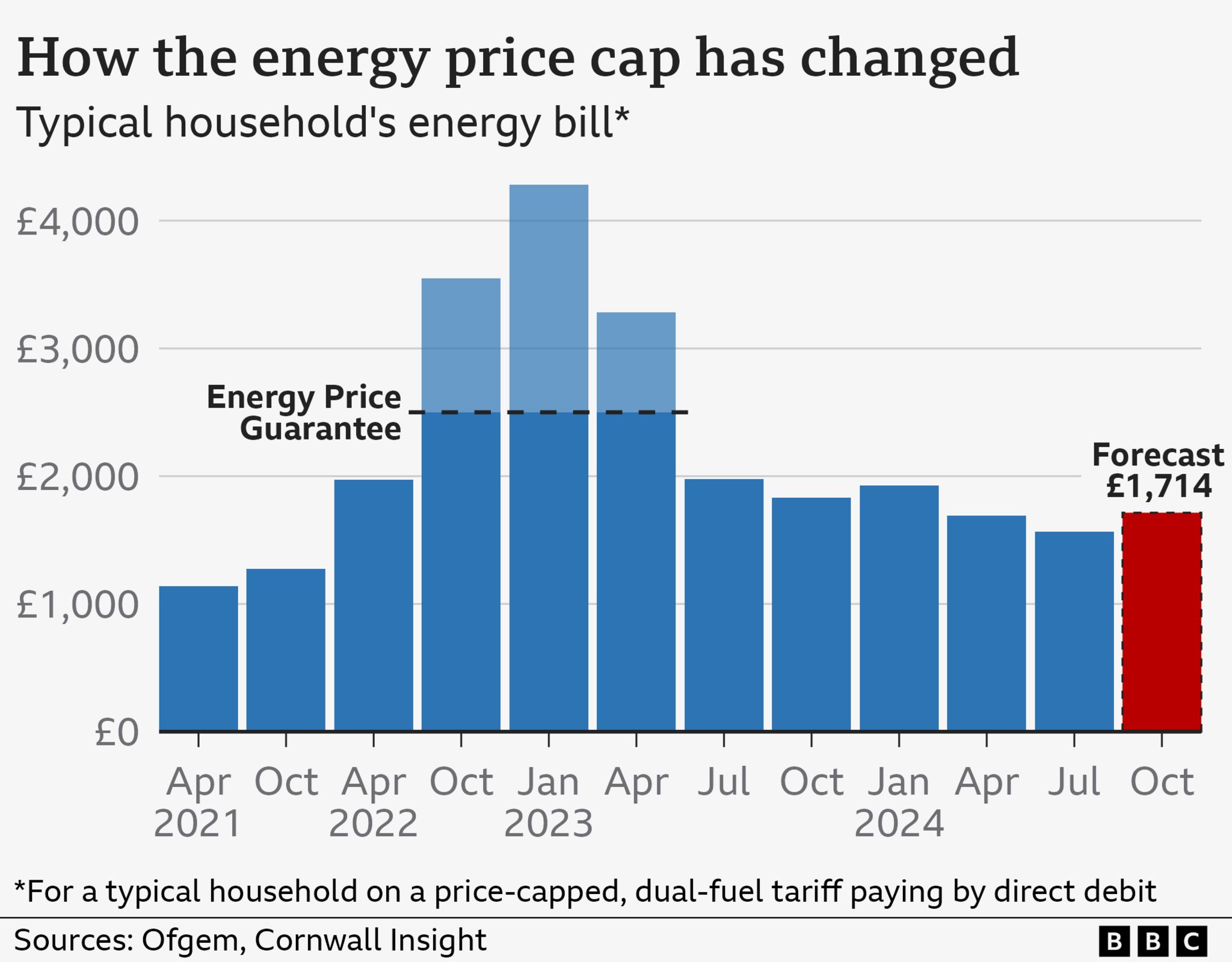Energy Bills May Rise by 9% in October
Typical energy bills may grow by 9% annually from October due to an upgrade of the Ofgem energy price cap.

With autumn coming up, homes across the country may be set to face even higher energy bills. The latest forecasts suggest that, from October, typical bills may grow by 9% or £146 annually. The reason is this is a time for another upgrade of the Ofgem energy price cap, which regulates the maximal price that providers can charge from a unit of energy using standard variable tariffs. The update is rarely good news for consumers and usually means that wholesale gas and power prices are rebounding, having increased by roughly 20% in the last months. The trends are set by global factors that have already been discussed in the analysis, including the fluctuations of shares on the major exchanges and multiple geopolitical tensions in the post-COVID era.
The Ofgem energy price cap, authored by Ofgem, was introduced in 2019 to prevent customers from overpaying. It comprises 15 factors, such as transmission and distribution charges, taxes, environmental policies’ costs, and so on. The biggest role has spoken a derivative of wholesale gas prices, and another annual revision that takes into account trends in the market is poised to take the average bill to an unheard-of £1,259. The price is expected to rebound on the industry, which will especially impact the elderly who are set to receive less in winter fuel payments due to the reversal of the temporary COVID relief.
Luckily, experts and multiple consumer websites have shared their advice on how to live with lesser energy consumption and cope with rising bills. There is a range of simple tactics, including purchasing energy-efficient appliances, insulation, mindful usage of heating and hot water, and other uses of electric appliances. When ensuring the safety of living conditions, modern energy minimizations such as keeping a heater on no more than 17-18C are a great way to provide for basic needs and cut the budget. As for the market, the reality is harsh and it is unlikely that a buyer would be able to find a good fixed rate in this season. There is no need to panic, however, and to forget the problem, as through energy audits and the purchase of utilities, such as programmable thermostats, that allow for 24/7 control and the principle of heat demand economy. A combination of personal and public efforts is, indeed, the most likely scenario of how the UK can survive the forthcoming winter, that occurs on the backdrop of a long-lasting reduction of government support and the rebound of prices on fuel on diesel. It also calls for another period of reflection on the role of energy in the household budget and the relationship between the regulators and the suppliers.





